Welcome to the 542 new members of the curiosity tribe who have joined us since Friday. Join the 70,546 others who are receiving high-signal, curiosity-inducing content every single week.
Today’s newsletter is brought to you by Rows!
After spending 7+ years in traditional finance, I had Chronic Excel Fatigue–the result of countless hours spent wrestling with the dated, legacy technology that hasn’t been updated since 2006!
Fortunately, I discovered Rows—spreadsheets, reimagined. Rows is a truly magical product experience. It allows you to seamlessly pull data on stocks, crypto and more, and instantly integrate with services like Stripe, Google Analytics, Twitter, Salesforce, Instagram, Facebook and public databases like Crunchbase and LinkedIn.
Rows is one of the most insane new product experiences I have had in recent memory. I use Rows for everything from managing my Startup Portfolio, social analytics, fund investing, and LPs to tracking household budgets and personal finance. I may never open Excel again.
For your next spreadsheet, give Rows a try. You won’t be disappointed. Join thousands of teams that have stepped up their spreadsheet game with Rows.
Today at a Glance:
Razors are rules of thumb that help simplify decisions and drive better outcomes.
When used appropriately, they can meaningfully improve the quality of your decision-making (and reduce stress along the way).
The article below provides 20+ valuable razors, when to use them, and a few additional notes from the author.
The Most Valuable Razors

The Feynman Razor
Named after famed American theoretical physicist Richard Feynman—the Feynman Razor is a simple recognition that complexity and jargon are often used to mask a lack of deep understanding.
If you can’t explain it to a 5-year-old, you don’t really understand it.
If someone uses a lot of complexity and jargon to explain something to you, they probably don’t understand it.
Use It When: You’re faced with a hand-waving, jargon-heavy explanation to a simple question.
The Smart Friends Razor
If your smartest friends are all interested in something, it’s worth paying attention to.
If that something seems crazy, it's worth paying a lot of attention to.
The passions of the smartest people in your circles are a looking glass into the future.
Use It When: Your smart friends have mentioned something that sounds crazy 3+ times.
Sahil Note: I’ve ignored this signal on two occasions: Bitcoin (2013) and NFTs (BAYC). Both cost me a lot of money. I’ll never make that mistake again, and I suggest you don’t either.
The Rooms Razor
If you have a choice between entering two rooms, choose the room where you are more likely to be the dumbest one in the room.
Once you are in the room, talk less and listen more.
Bad for your ego, great for your growth.
Use It When: Deciding what to do on your next free night out.
The Man in the Arena Razor
It's easy to throw rocks from the sidelines—it's hard to step into the arena.
It's lonely and vulnerable, but it's where growth happens.
When faced with two paths, choose the path that puts you in the arena—choose the path with real skin in the game.
Use It When: Choosing how to approach a new and scary endeavor.
Sahil Note: This is often a very challenging one, but it’s the one I feel most strongly about. It’s so much more comfortable to stay on the sidelines—it’s easy to convince yourself that it’s the safe or appropriate path. Ultimately, it’s very hard to create asymmetric outcomes on the sidelines. You have to be in the arena if you want to reap the outsized rewards.
The Serendipity Razor
Some of what we call luck is actually the macro result of 1,000s of micro actions.
Your daily habits put you in a position where luck is more likely to strike.
When choosing between two paths, choose the path that has a larger serendipity surface area.
Use It When: Choosing what to do on a free night (when you have some energy).
Sahil Note: The topic of “serendipity surface area” is one I plan to write about in greater depth in the future. It’s hard to get lucky watching TV at home. It’s (relatively) easy to get lucky when you’re engaging with people, interacting, and learning—physically or digitally. It’s possible to put yourself in a position to get lucky.
The Uphill Decision Razor
When faced with two options, choose the one that’s more difficult in the short-term.
Naval calls this making "uphill decisions”—overriding your biological pain avoidance instinct.
It's worth it—short-term pain creates compounding long-term gain.
Use It When: Deciding between two near-term development pathways.
The Rare Opportunity Razor
There is a rare class of opportunities that the average person will get 0 to 1 chances at in their lifetime.
They look scary, but have insanely asymmetric return profiles.
If you are fortunate to be faced with one of these opportunities, jump at it.
Use It When: Making a decision on that one big opportunity.
The Buffett Reputation Razor
“It takes 20 years to build a reputation and five minutes to ruin it. If you think about that, you'll do things differently.” - Warren Buffett
Your reputation is built over decades, but it's made of glass, not stone.
Remember that—act accordingly.
Use It When: You’re placed in that one tricky situation that puts your integrity on the line.
The Narrative Fallacy Razor
Humans are storytelling creatures—we weave together sequences of events to identify cause-and-effect when the reality is just luck.
When reading stories of success, it's fair to assume they downplay the role of luck as a contributing factor.
Use It When: You find yourself leveraging stories of the success of others to inform your own decision-making.
Sahil Note: Survivorship Bias is rampant in the media. We only hear the stories of success, so we fail to recognize the true base rates. Be aware of the bias and make decisions accordingly.
The Time Billionaire Razor
Time is our most precious asset.
When choosing between two paths, choose the path that places the highest appreciation on the value of your time.
This is not about money—it's about leverage.
The path where you spend more time in your Zone of Genius.
Use It When: You find yourself making inefficient time for money trades.
The Opinion Razor
"I never allow myself to have an opinion on anything that I don’t know the other side’s argument better than they do." - Charlie Munger
Opinions are earned, not owed.
If you can't state state the opposition's argument clearly, you haven't earned an opinion.
Use It When: You are inclined to enter into an argument over something you don’t really understand.
Sahil Note: The most common pushback I get with this one is that Charlie Munger clearly doesn’t follow his own rule when it comes to Bitcoin and cryptocurrency in general. I don’t think it minimizes the importance of the sentiment. In general, “Do as I say, not as I do” applies to most famous quotes…
The Worrying Razor
If someone says "don't worry about it”—you should probably worry about it.
If you ask a question and the response involves an elevated voice, hand-waving, or scoffing—you should probably dig deeper on it.
"The lady doth protest too much, methinks."
Use It When: You ask about a specific area of concern and are waved off.
The Boasters Razor
Truly successful people rarely feel the need to boast about their success.
If someone regularly boasts about their income, wealth, or success, it’s fair to assume the reality is a small fraction of what they claim.
Conversely, if someone regularly downplays their income, wealth, or success, it’s fair to assume the reality is a multiple of what they claim.
Use It When: Someone brags about their recent bonus, investment success, or wealth.
Newton’s Flaming Laser Sword
If something cannot be settled by experiment or observation, it is not worth debating.
This will save you from wasting a lot of time on pointless arguments—on the internet and in real life.
Use It When: You are faced with your next pointless internet argument.
Hitchens’ Razor
What can be asserted without evidence can also be dismissed without evidence.
The burden of proof regarding a claim lies with the one who makes the claim.
If unmet, no argument is required to dismiss it.
Use It When: Faced with your next pointless internet argument.
The Grit Razor
If forced to choose between two people of equal merit, choose the one that has been punched in the face.
The one who has been punched—metaphorically or literally—is likely to have true grit.
This applies to investing (founders), hiring (candidates), and more.
Use It When: Making your next startup investment or key startup hire.
Sahil Note: More jobs should ask about your greatest failure in their hiring. You learn far more about someone from how they handled taking their biggest punch than any credential, award, or honor they have received. Give me someone who got knocked out and got back up—my money is on them.
The Taleb "Look the Part" Razor
If forced to choose between two options of seemingly equal merit, choose the one that doesn’t look the part.
The one who doesn’t look the part has had to overcome much more to achieve its status than the one who fit in perfectly.
Use It When: Making a decision about who to work with (or which surgeon to choose).
Hanlon’s Razor
Never attribute to malice that which can be adequately explained by stupidity.
In assessing someone's actions, we should not assume negative intent if there is a viable alternative explanation—different beliefs, lack of intelligence, incompetence, or ignorance.
Use It When: Deciding how to react to an incidence of potential malice at work or online.
The Optimist Razor
When choosing who to spend time with, prioritize spending more time with optimists.
Pessimists see the doors that are closed. Optimists see the doors that are open—and probably kick down the closed doors.
Remember: Pessimists sound smart, optimists get rich.
Use It When: Deciding what friends you want to keep and build with for the future.
Sahil Note: This has been a game changer for me personally. In addition to creating more asymmetric upside opportunities, spending more time around optimists makes life so much more enjoyable.
The Kat Cole Pygmalion Razor
The Pygmalion Effect says that high expectations lead to high performance (and vice versa).
When working with new people and teams, choose to see each individual as their highest potential self—they will begin to achieve more.
Use It When: Training up your next new employee or team member.
Sahil Note: Kat Cole is a special human. I had the privilege of spending time with her on a recent episode of Where It Happens that is well worth the listen.
The "What Stays the Same" Razor
It's difficult to predict the future.
Jeff Bezos famously said that investing in what might change is risky, but investing in what will remain constant is safe.
When building for the future, focus on the constants—focus on what stays the same.
Use It When: Creating the core tenets of your startup or business.
The Paul Graham Crazy Idea Razor
If someone proposes a seemingly crazy idea, ask yourself:
Are they a domain expert?
Do I know them to be a reasonable individual?
If you answer yes on both (1) and (2), you should take the idea seriously, as it may be an asymmetric bet on the future.
Use It When: Someone proposes something crazy that you are inclined to immediately brush off.
Sahil Note: This one is critical, as it maps to so many big technological innovations of the last 10-20 years. It pairs well with the Smart Friends Razor.
There you have it: 20+ valuable razors to help you simplify decisions and drive better outcomes.
I will continue to compile and synthesize new razors I come across over the year ahead—I may make this a regular quarterly post to have you all learn alongside me!
If you enjoyed this, consider sharing it with your network so I can continue to grow this amazing curiosity tribe. Thank you for joining me on the journey!
Where It Happens Podcast
Will Meta Bounce Back? (with Nikita Bier)
Watch it on YouTube and listen to it on Apple Podcasts or Spotify. Want more? Join the 4,000+ in our unique community on Discord.
Special thanks to our sponsors for providing us with the support to bring this episode to life.
This episode is brought to you by Beam. We can’t get enough of their Dream Powder. We both personally take this before bed a few times a week and wake up refreshed in the morning. Their nano-CBD helps improve your body’s ability to absorb CBD, making their product the perfect supplement before you go to bed. And now Beam is offering $20 off any order of $75 or more with the code ROOM at beamorganics.com/room.
This episode is also brought to you by OpenPhone. OpenPhone is an all-in-one business phone system that can help your startup look more credible—and it works right from your existing smartphone or computer. Each phone number comes with its own inbox for managing calls, texts, and voicemails together—making it easy to keep track of every conversation. Sign up and start using your new business number in minutes. Visit OpenPhone.co/room to save 20% on your first six months.
Sahil’s Job Board - Featured Opportunities
Skio - Account Executive
Maxwell Social - Founding CTO
SparkAI - Full Stack Engineer
First Mark Capital - Recruiter
Substack - Android Engineer
Practice - Onboarding Specialist
Superjoi - Full Stack Engineer, Community & Growth
Seven Seven Six - Finance & Compliance Manager
The full board with 30+ other roles can be found here!














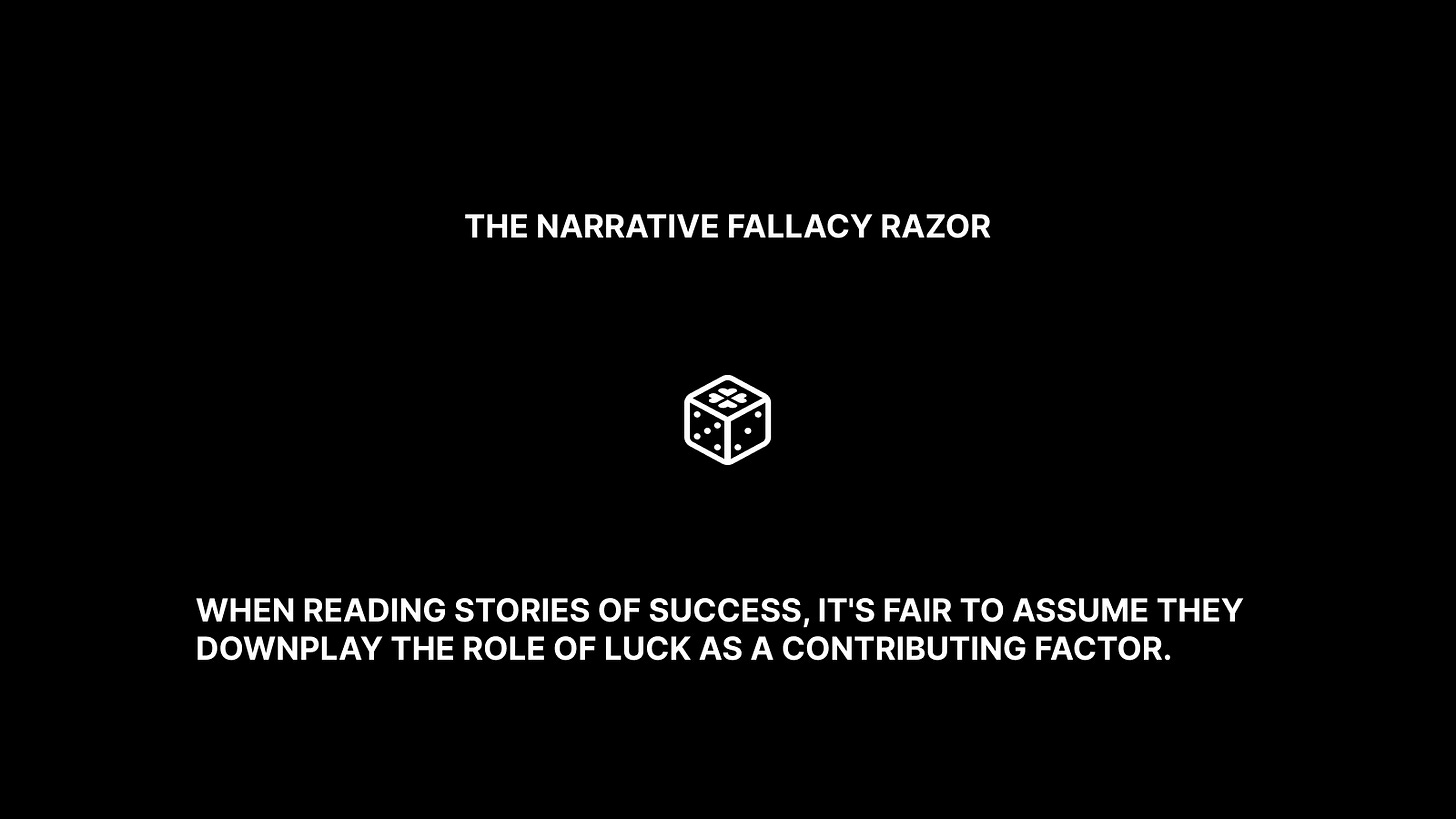
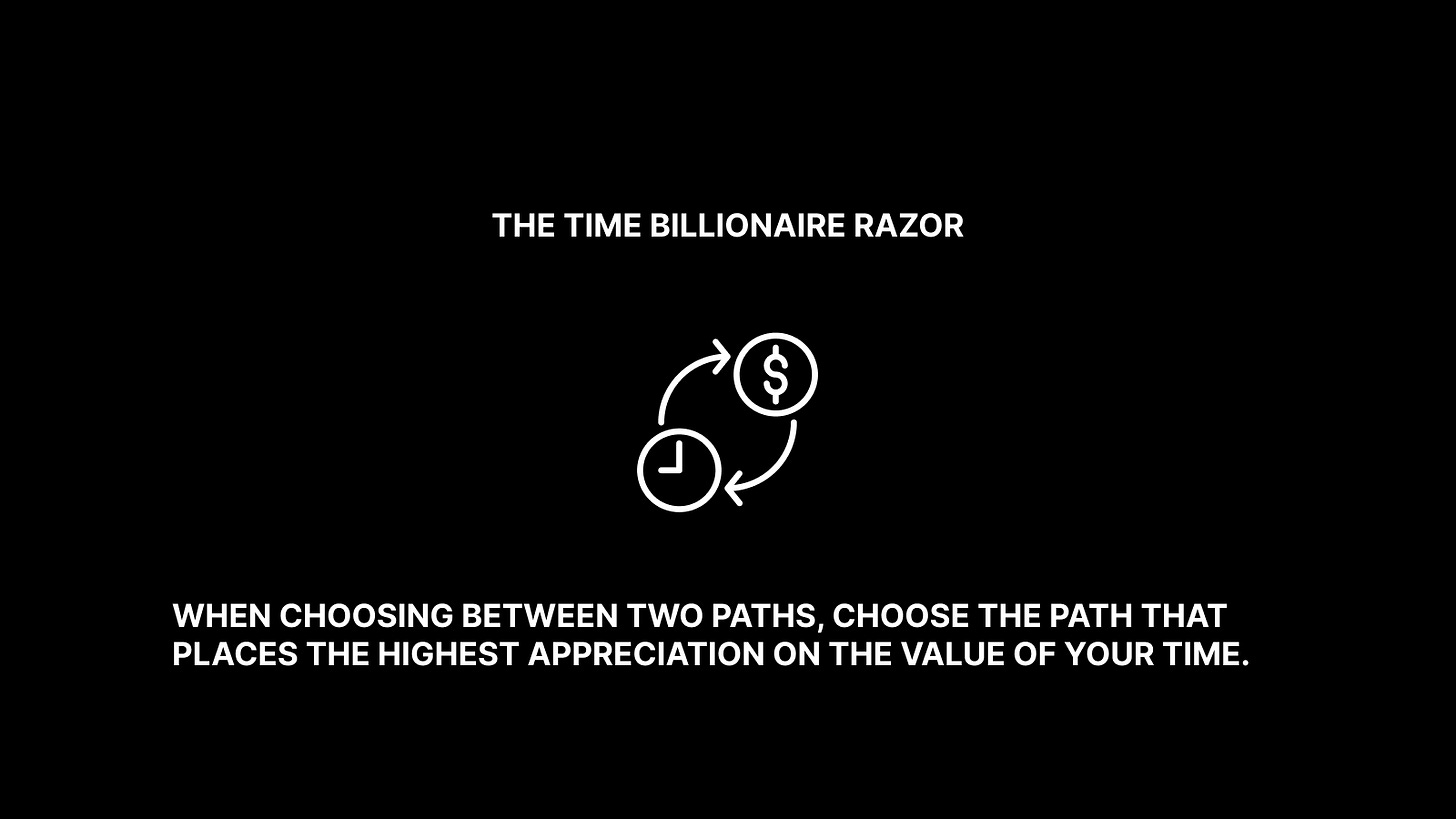
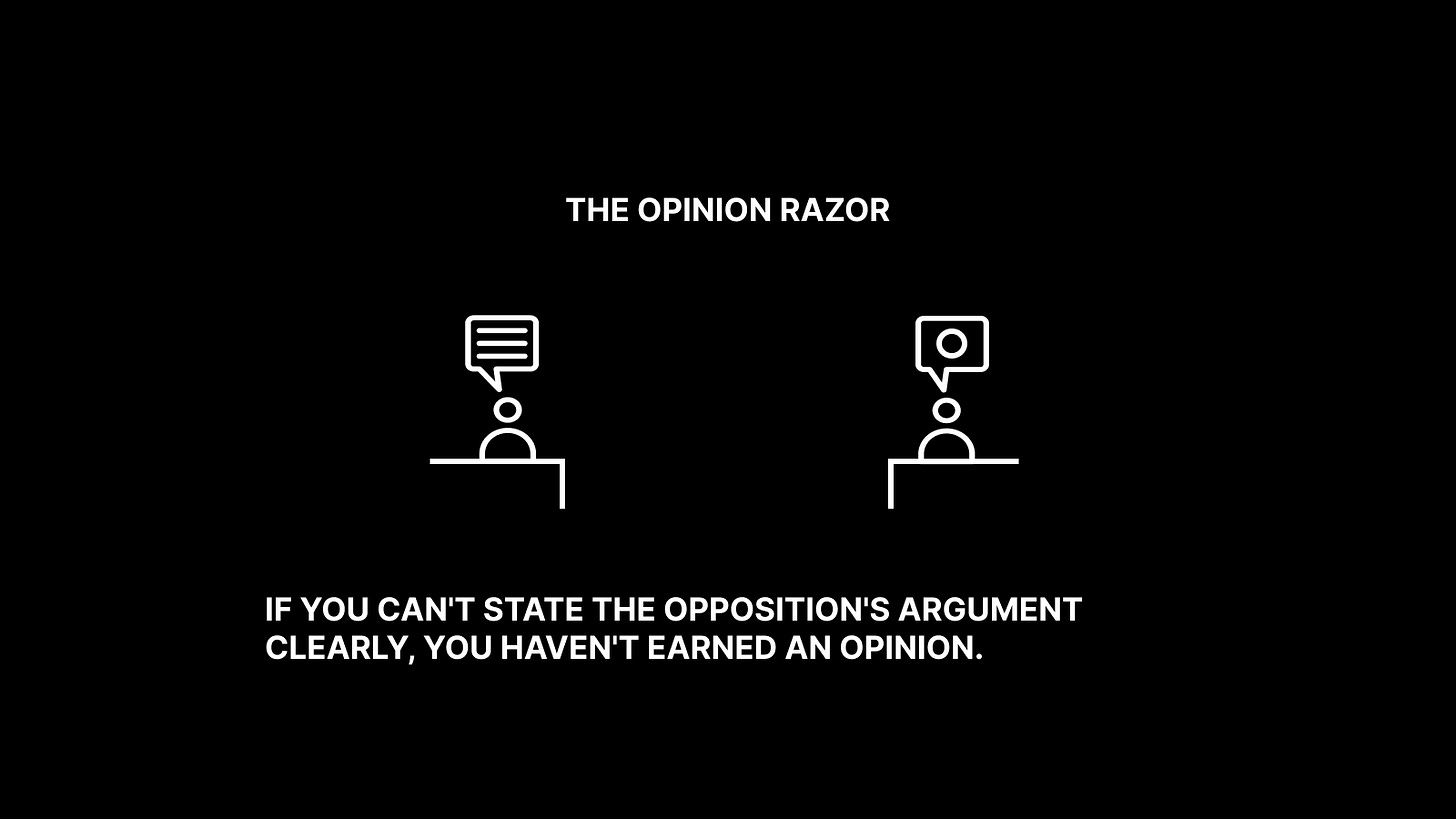

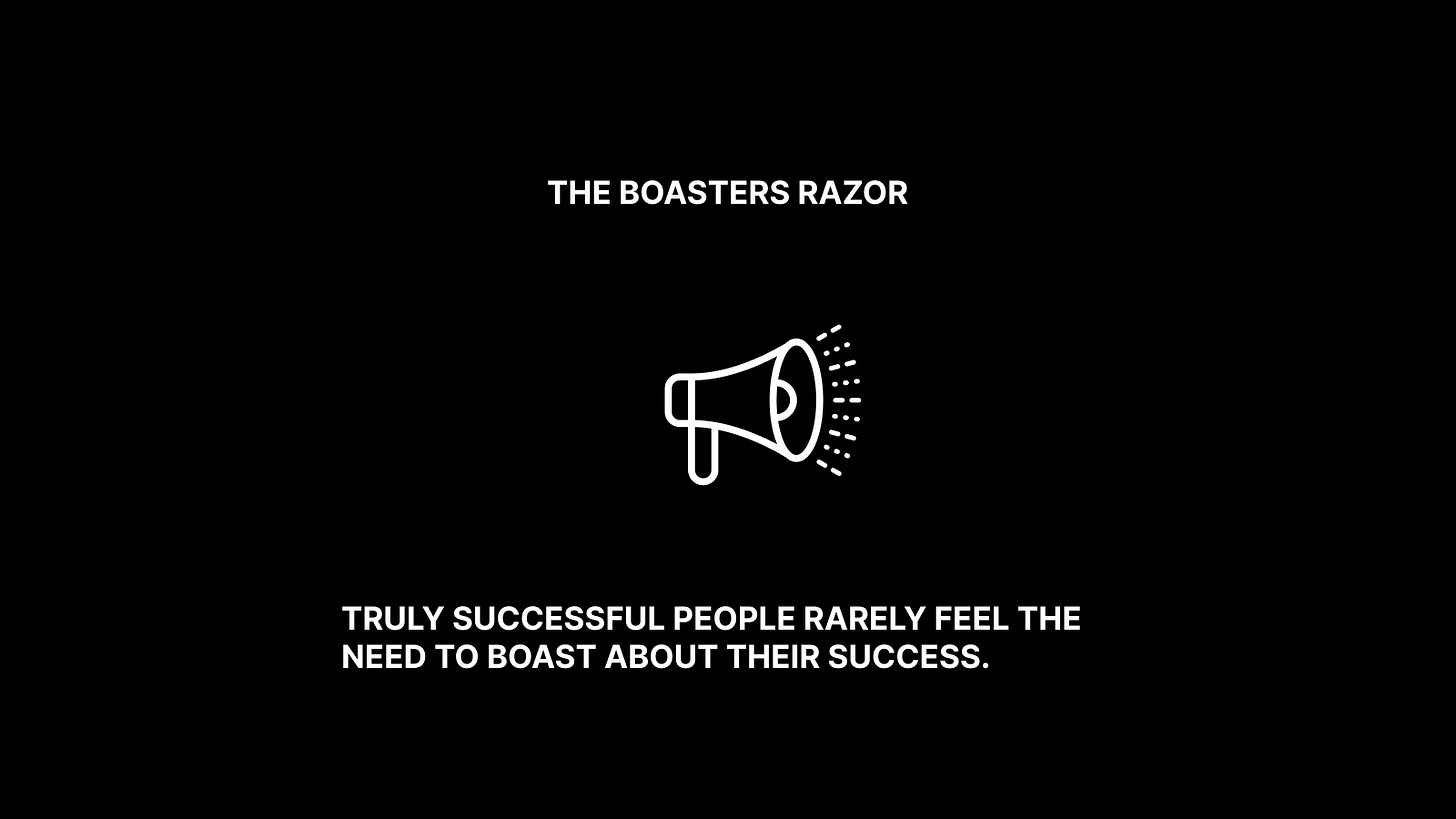

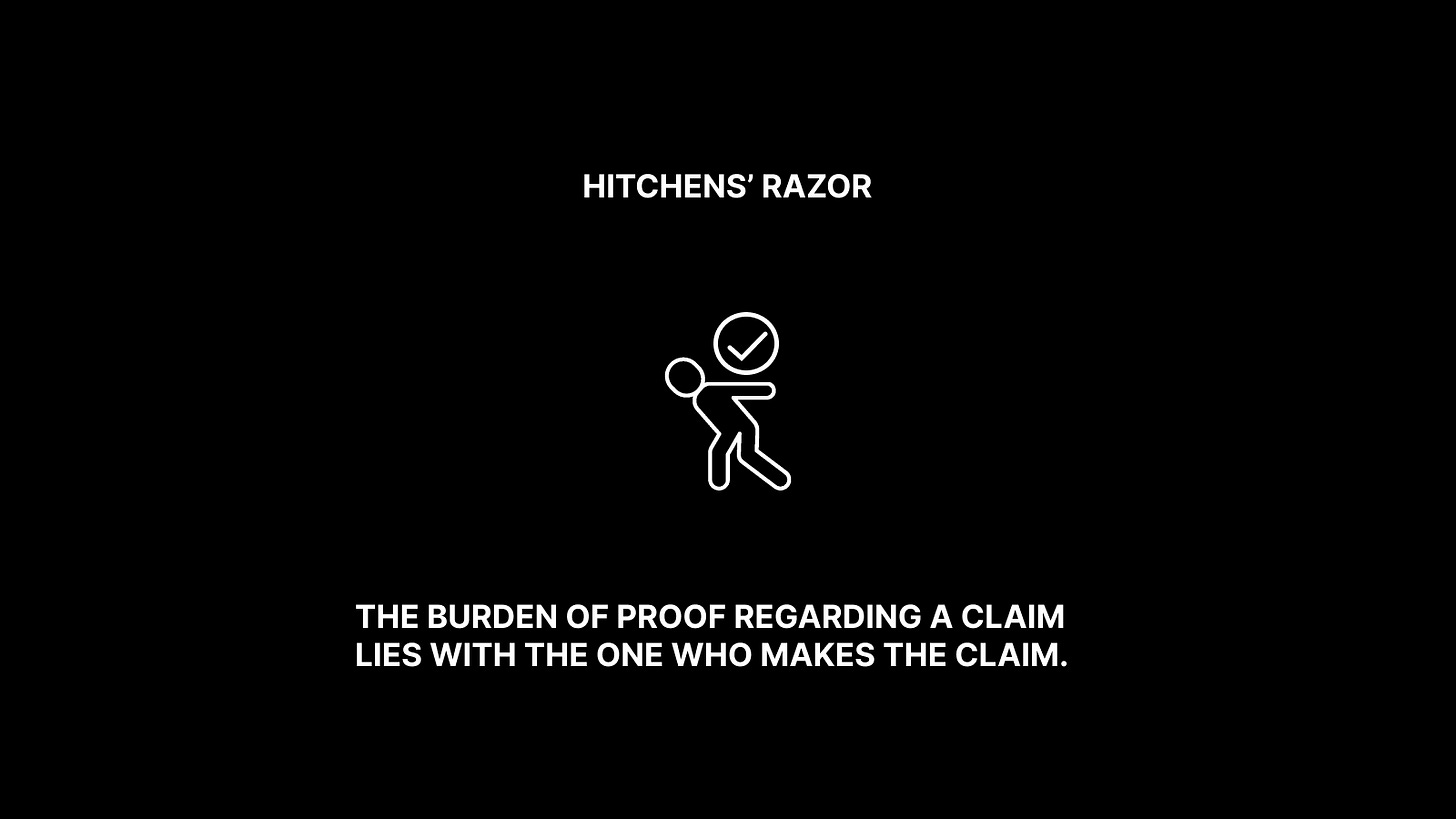




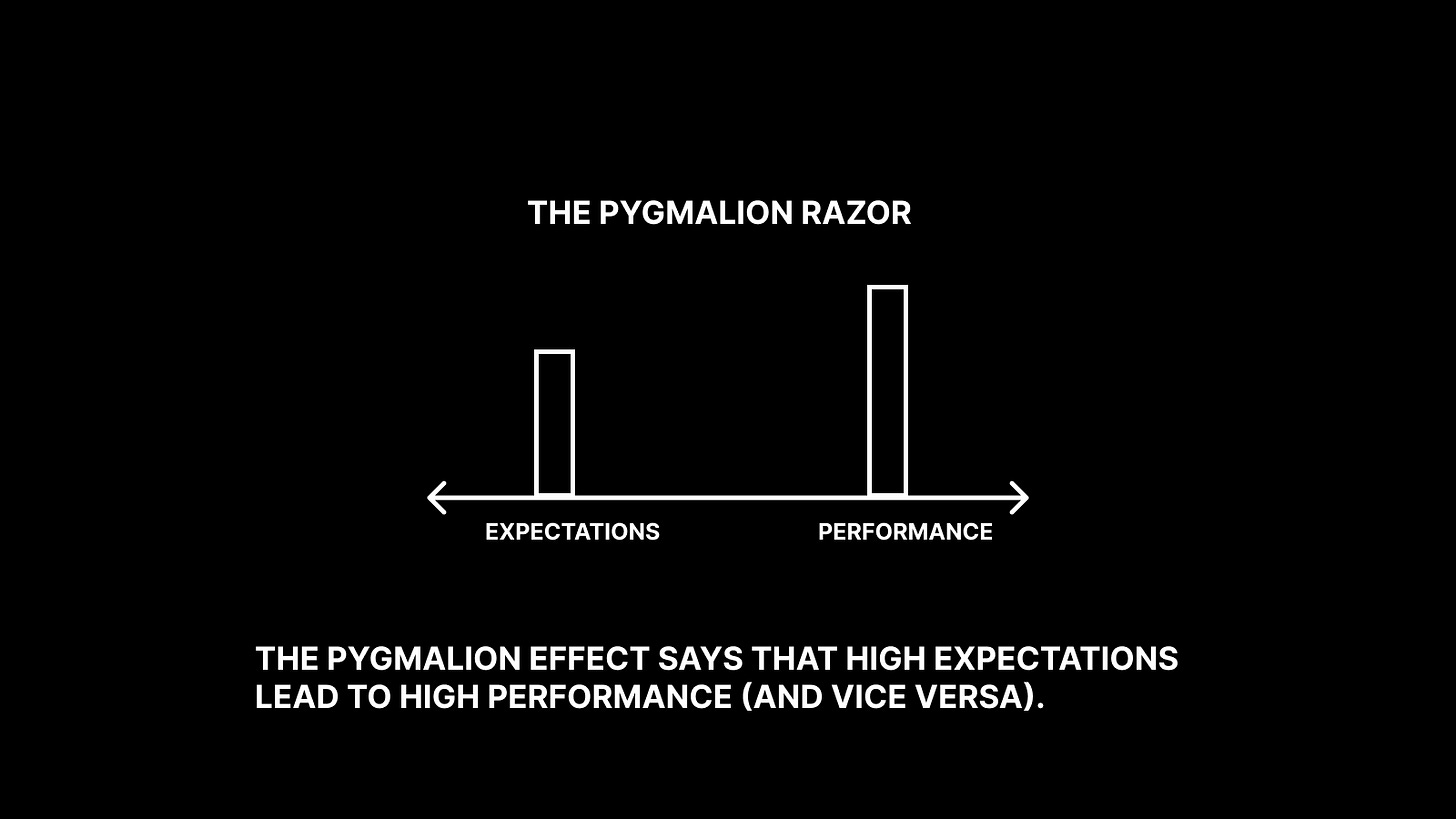














Share this post